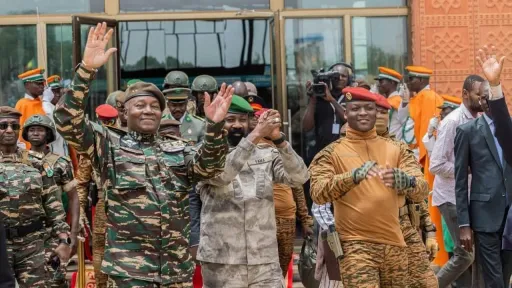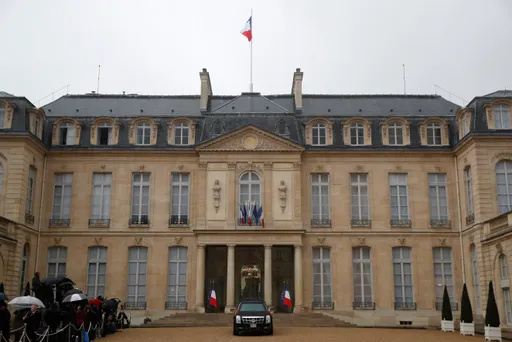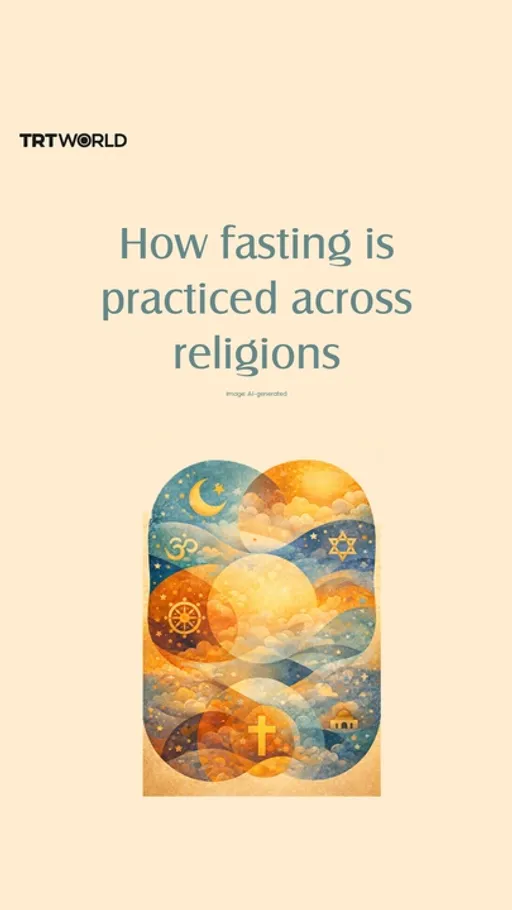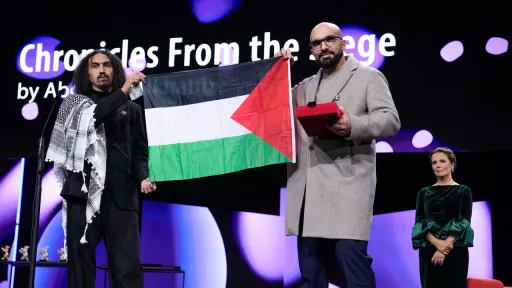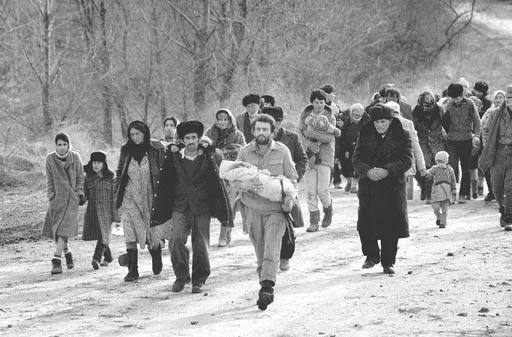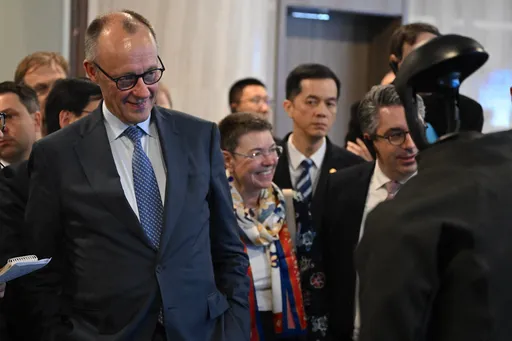Some schools have reopened in the southern Indian state of Karnataka after closing last week when protests erupted over Muslim students being barred from wearing the hijab in class.
School authorities at several places ensured on Monday the Muslim students, teachers and other staff remove their Islamic headgear in front of TV cameras before entering the school premises.
Footage on social media showed some hijab-clad students returning home in protest after being denied entry into the schools.
Some parents reportedly requested the students be allowed to wear the hijab until classrooms but the authorities rejected such requests.
Ayesha Imthiaz, a student in Udupi, said it was humiliating to be asked to take off the hijab before entering the schools which resumed classes on Monday.
One Karnataka official told media some students walked out of the exam room after authorities refused them permission to wear hijab.
"Seven students with hijabs were sitting for exams but the officers there refused permission. They insisted on being allowed to wear it... their parents were called and all seven then walked out of the exam hall and went home," NDTV cited the official as saying.
READ MORE:Court says no to religious clothes until verdict over India hijab ban
Far-right onslaught on Muslims
The issue, widely seen by India's Muslim minority community as a bid to further marginalise it by authorities in a Hindu-dominated nation, comes as Prime Minister Narendra Modi's Bharatiya Janata Party (BJP) contests elections in key states.
Police stood guard as students in pink uniforms, about a dozen wearing the hijab, entered a government girl's school where the issue first flared in the southern Indian state's district of Udupi, about 400 km from the tech hub of Bengaluru.
Authorities have banned gatherings of more than five people within 200 metres of educational institutions in the area, as classes from primary to high school began. Colleges remain shut.
A court in the state last week told students not to wear any religious clothing in classrooms until further notice –– an order activists say suspends constitutional rights to practice religion and freedom of conscience.
Devadatt Kamat, a lawyer in the case, said in an online hearing on Monday that his clients had been covering their heads in class since joining school.
They were mainly seeking permission to keep wearing headscarves in the colours of school uniforms, he said.
Last week some schools refused entry to girls and women wearing the hijab, citing a February 5 order on uniforms by the state, ruled by Modi's right-wing party.
READ MORE:'India is not France,' say activists fighting to wear the hijab in schools
Some Muslim students and parents protested the move, drawing counter protests from Hindu far-right groups and students who wore saffron shawls –– not obligatory in Hinduism –– and shouted slogans.
Modi's party derives its support mainly from the majority Hindu community, which makes up about 80 percent of India's population of roughly 1.4 billion, while Muslims account for about 200 million.
An official in the coastal district, Pradeep Kurudekar S, told reporters authorities would wait for further orders from the government to resume all classes.
READ MORE: Hijab-wearing Indian woman lauded for standing up to far-right Hindu mob
'Hate crime'
The stand-off in Karnataka state has galvanised fears among the minority community about what they say is increasing persecution under the Hindu nationalist government of Modi.
Since Modi came to power in 2014, various legislative and other actions have been taken, legitimising discrimination against religious minorities and enabling violent Hindu nationalism, Human Rights Watch said in a report last year, charges Indian premier and the BJP vehemently deny.
A letter signed by some 2,000 people including journalists, social activists, authors and lawyers have called the hijab ban a "hate crime".
International figures like Nobel laureate Malala Yousafzai and French footballer Paul Pogba have also criticised the imposition of hijab ban on Indian Muslims.











